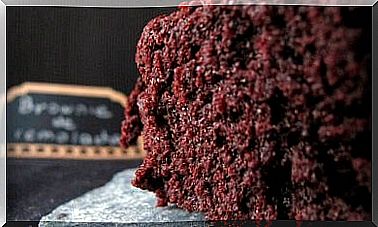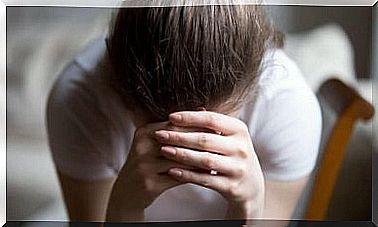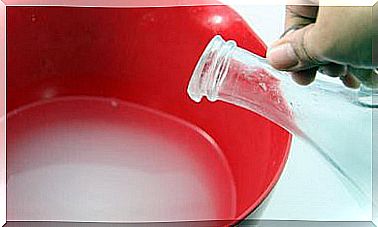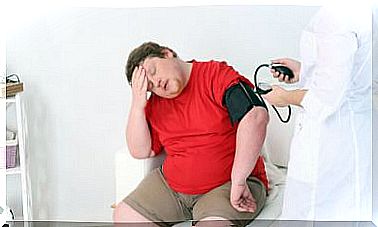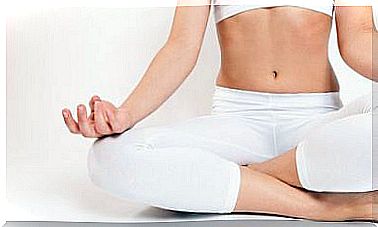Why Can The Kidneys Hurt?
To the question of why the kidneys can hurt there are several answers. The fact that there is pain in these organs is reason enough to consult a doctor, since all kidney conditions must be treated as soon as possible to avoid serious consequences.
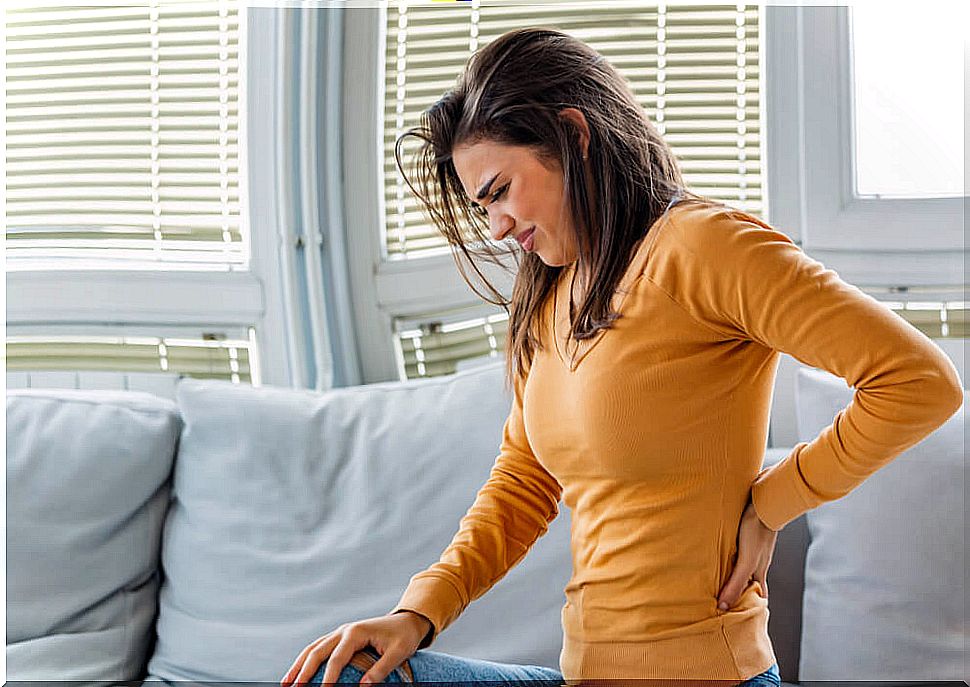
There is no single answer to the question of why the kidneys can hurt. The first thing to say is that these organs are not often in pain, so this symptom should always be taken very seriously.
Now, there are many myths about why the kidneys can hurt. It is popularly believed that this discomfort is due to the fact that the back is not well covered and the cold “gets into the body”, in such a way that it ends up causing pain. This and other beliefs like it are false.
Added to this error is the fact that many times we do not know how to precisely identify the area in which the discomfort occurs. Sometimes we wonder why the kidneys can hurt, but in reality the pain takes place in a different area.
Why can the kidneys hurt?
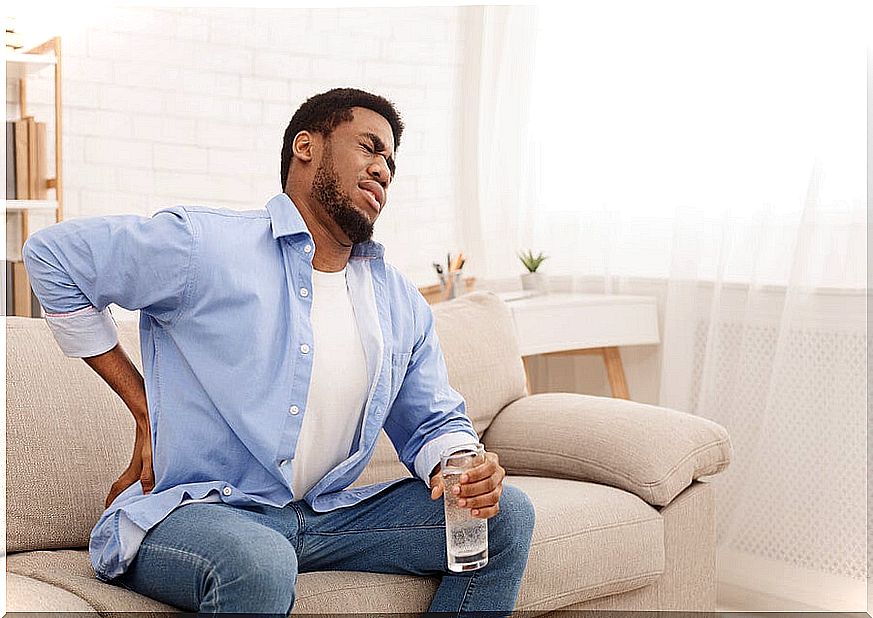
The kidneys are vital organs that play a fundamental role in the body. Basically they are in charge of filtering the blood to keep it clean and balanced from a chemical point of view. They process about 190 liters of blood per day and eliminate approximately two liters of waste in the same period.
The kidneys are located in the back of the abdomen, just below the ribs and on either side of the spine . When these organs hurt, the sensation is experienced in the middle of the back or to the sides of this area. Sometimes it hurts only on one side. However, not all back pain is kidney pain.
Many kidney diseases are silent until they are advanced. Reasons why the kidneys can hurt range from kidney stones to kidney cancer. The following are some of the common reasons for such annoying pain.
Kidney stones
Stones in the kidneys, known as “kidney stones” or “renal lithiasis”, cause severe pain or renal colic. Stones are formed by the accumulation of substances present in the urine. Sometimes they are as small as a grain of sand, but can reach the size of a pearl.
When the stones are very small they move freely through the urinary tract and are usually passed without any symptoms. On the other hand, when the stone is larger it generates a strong pain that appears in waves, is felt in the back or lower abdomen and worsens with movement.
The most common is that the pain is located on one side, but with the passing of the hours it descends and covers the area of the groin and genitals. The discomfort is not relieved in any position and is usually accompanied by nausea, vomiting and stinging or burning when urinating.
Infection
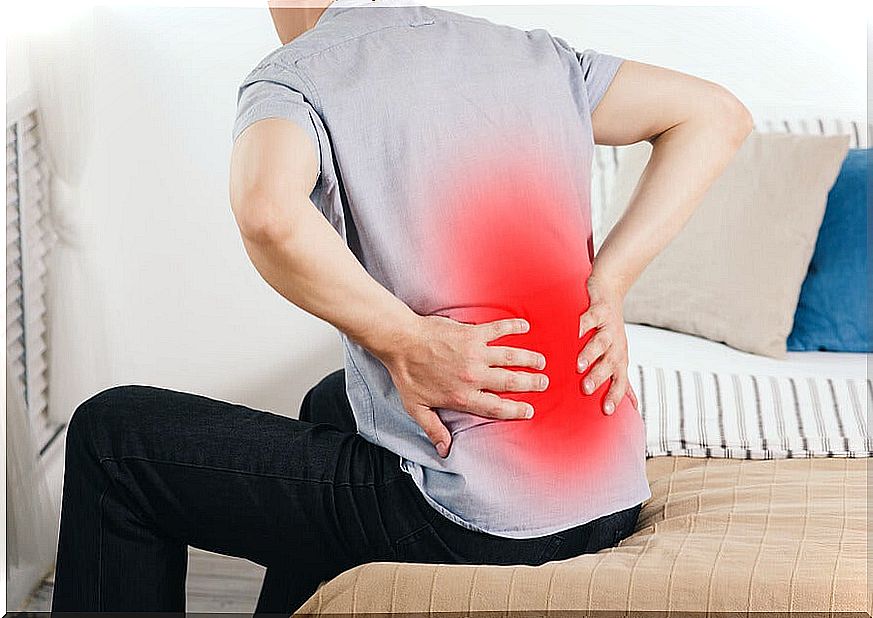
As for why the kidneys can hurt, one of the answers is the presence of an infection. Most commonly, this infection begins in the urethra or bladder and then moves up to the kidneys. It can cause permanent damage to those organs or spread into the bloodstream and be life-threatening.
One of the symptoms is a deep and persistent pain in the back, as well as pain and burning when urinating. They often feel like going to the bathroom and the urine smells quite strong. It is not uncommon for nausea, vomiting, fever, and chills to also occur.
Polycystic kidneys or cyst
A cyst in the kidney may not cause any symptoms until it reaches a significant volume. When this is the case, severe pain appears in the back and / or the lower sides of the back. Headache and bleeding in the urine are also common.
Polycystic kidneys have to do with a genetic disease in which groups of cysts form that grow and prevent the organ from working properly. They cause back or side pain and often lead to frequent stones and infections.
Other causes of pain
The kidneys can also hurt from hydrofrenosis, which is kidney inflammation due to the accumulation of urine. It causes deep pain in the back, in addition to bloody urine and fever. The pain can also be caused by a renal vein thrombosis; a serious problem in which there is severe pain in the back, behind the lower ribs and in the hips.
Injuries and blows also lead to kidney pain, as does pregnancy. In the latter case, it is due to alterations in the spine due to the weight of the belly. Pain on one side of the back and in the abdomen, simultaneously and accompanied by hematuria, can be a symptom of kidney cancer.
